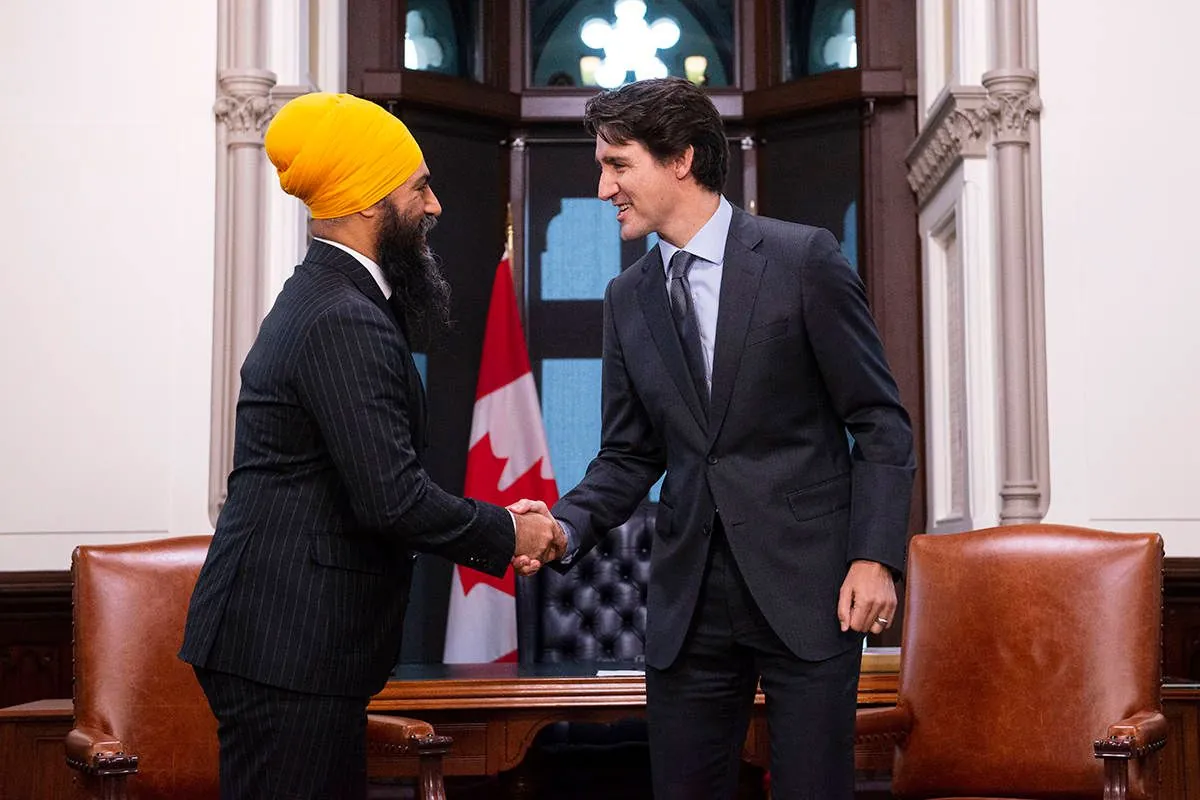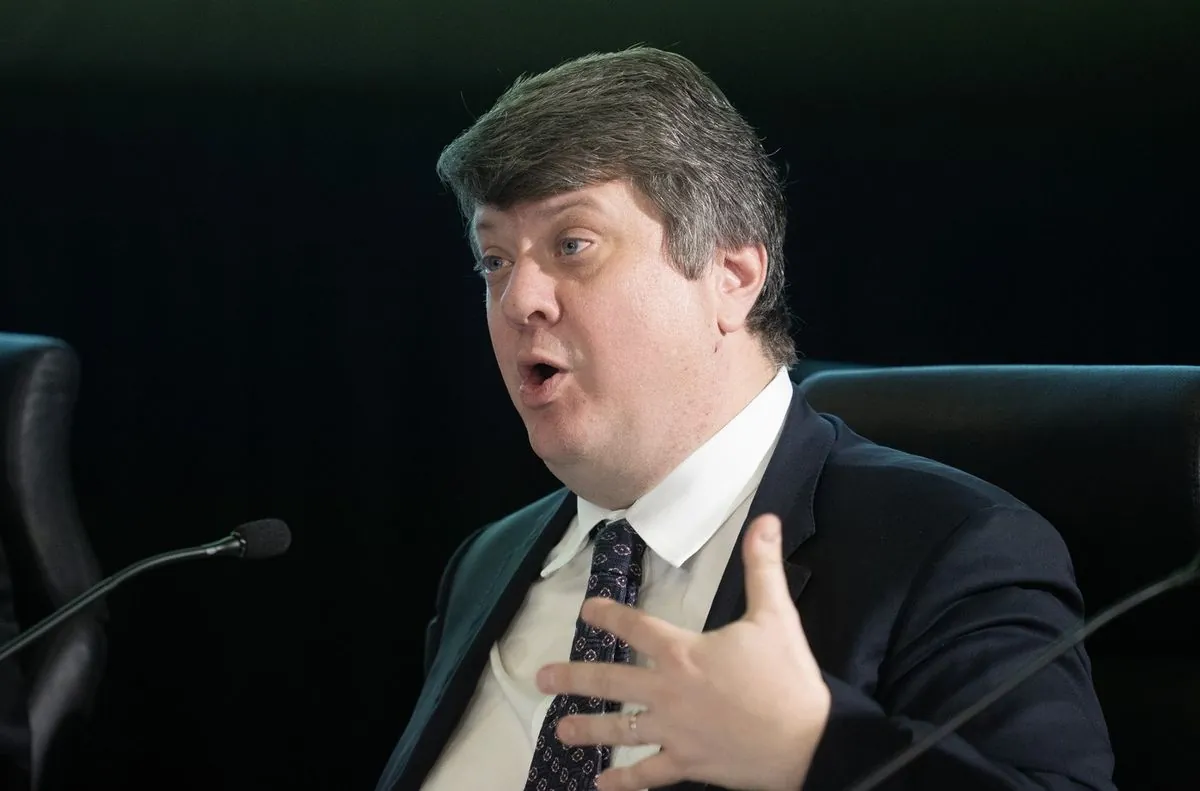NDP Withdraws Support for Trudeau, Raising Early Election Prospects
NDP leader Jagmeet Singh ends support for Prime Minister Justin Trudeau's minority government, increasing the likelihood of an early Canadian election. Liberals face challenges with low poll numbers and key aide's departure.

Justin Trudeau's minority government faces new challenges as the New Democratic Party (NDP) withdraws its support, potentially paving the way for an early Canadian election. Jagmeet Singh, leader of the NDP, announced the termination of the 2022 agreement that had provided stability to the Liberal government.
The decision comes amidst a backdrop of declining popularity for Trudeau's Liberals, who have held power since November 2015. Recent polls indicate a significant lead for the Conservative Party, with an Ekos survey from August 21, 2024, showing the Conservatives at 38.2% support, compared to the Liberals' 23.7% and the NDP's 18.2%.
Singh stated, "I've ripped up the agreement with Justin Trudeau, and I know that means that an election is now more likely as a result. We are ready to fight an election whenever it happens." However, he emphasized that the NDP would make decisions on a case-by-case basis regarding confidence votes.
The NDP's withdrawal of support adds to the Liberals' recent setbacks. In late June 2024, the party lost a traditionally safe seat to the Conservatives in a special election. Furthermore, Jeremy Broadhurst, a close aide to Trudeau and the expected campaign manager for the next election, announced his resignation on September 5, 2024.

Despite these challenges, the Liberal Party maintains that it is not planning an early election. A senior party official, speaking anonymously, stated their intention to remain in power until October 2025, the latest possible date for the next federal election under current laws.
The situation highlights the complexities of Canada's multi-party system and the dynamics of minority governments. The NDP, which has never formed a federal government, now faces a dilemma: continuing to support the Liberals could be seen as weakness, while voting against them could trigger an election at a time when the party's own support is low.
Shachi Kurl, president of the Angus Reid polling firm, noted that voters have not given credit to the NDP for increased social spending resulting from their agreement with the Liberals. This lack of recognition complicates the NDP's strategic considerations moving forward.
As Canada's political landscape shifts, the Conservative Party, led by Pierre Poilievre, stands to benefit from the current instability. The party is likely to push for confidence votes, aiming to keep pressure on both the Liberals and the NDP.
While an immediate election is not guaranteed, the withdrawal of NDP support marks a significant change in Canadian federal politics. As the situation develops, all parties will be carefully weighing their options, with the potential for an early election looming larger than before.
"I've ripped up the agreement with Justin Trudeau, and I know that means that an election is now more likely as a result. We are ready to fight an election whenever it happens."
This evolving political scenario underscores the importance of confidence votes in parliamentary systems and the delicate balance required to maintain stable governance in a multi-party democracy. As Canadians observe these developments, the coming months may prove crucial in shaping the country's political future.


































